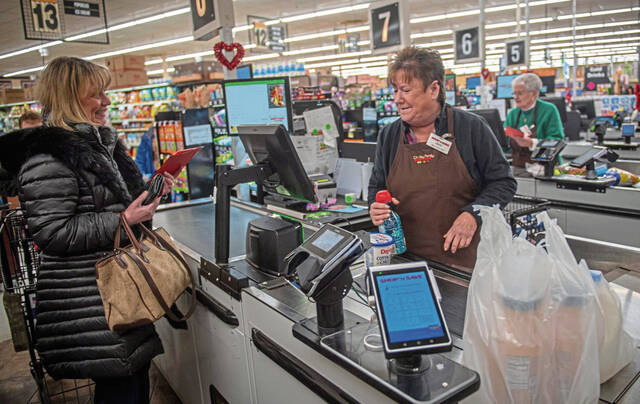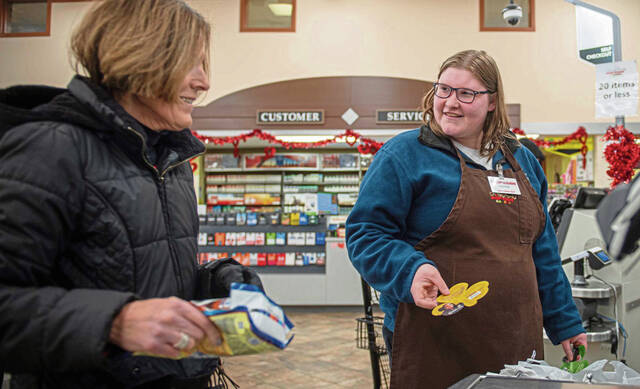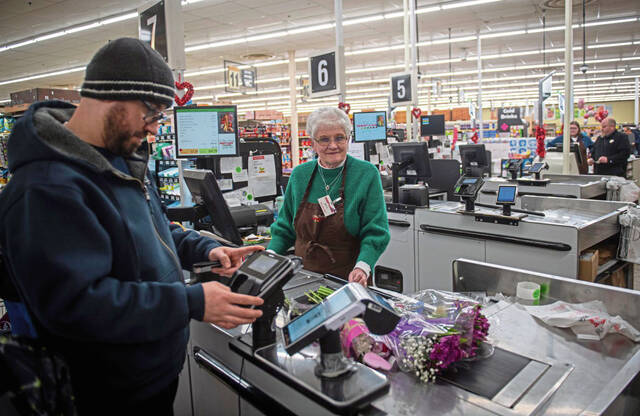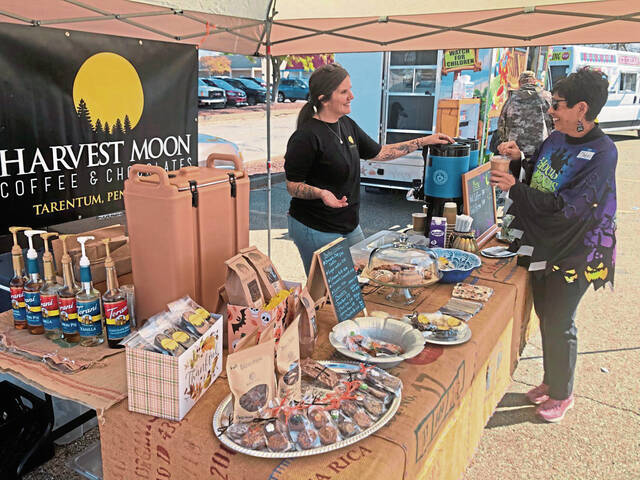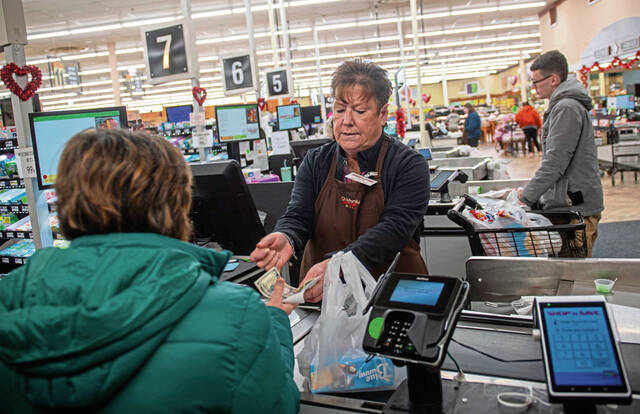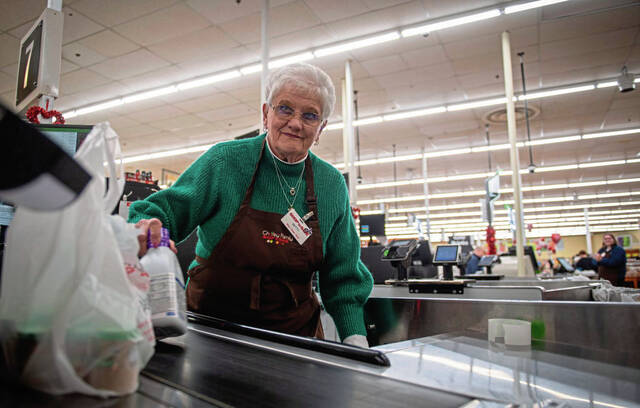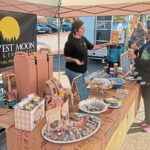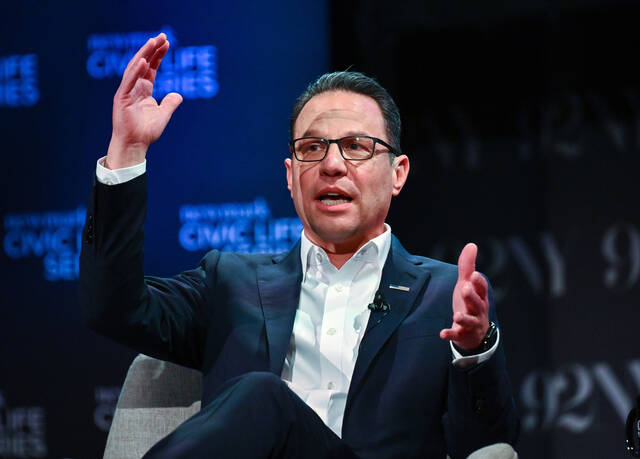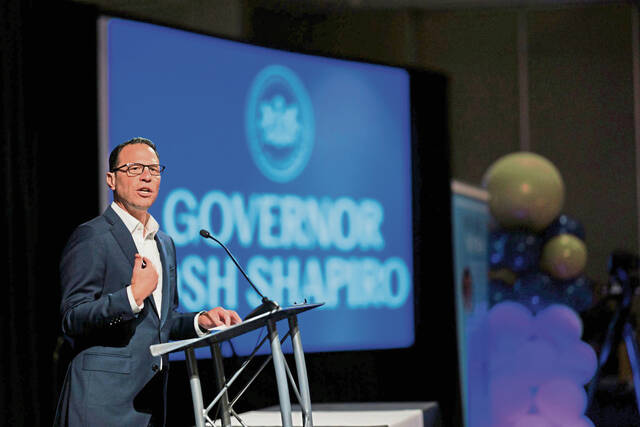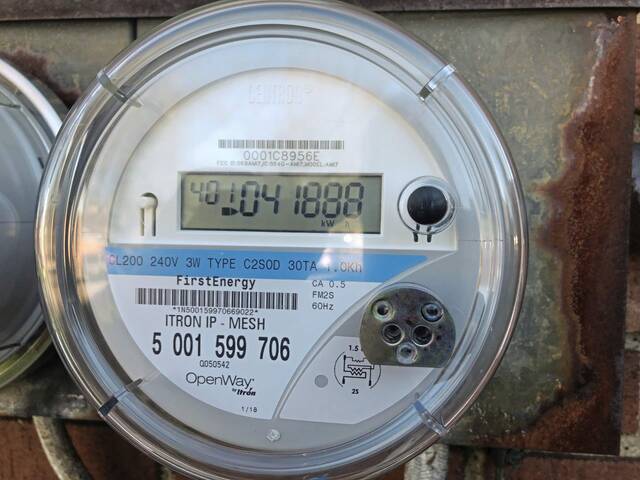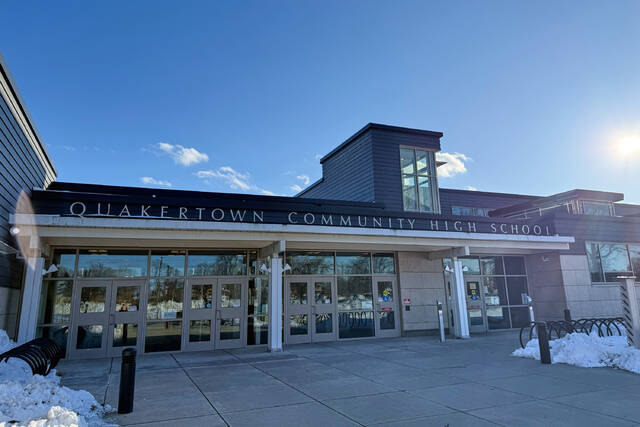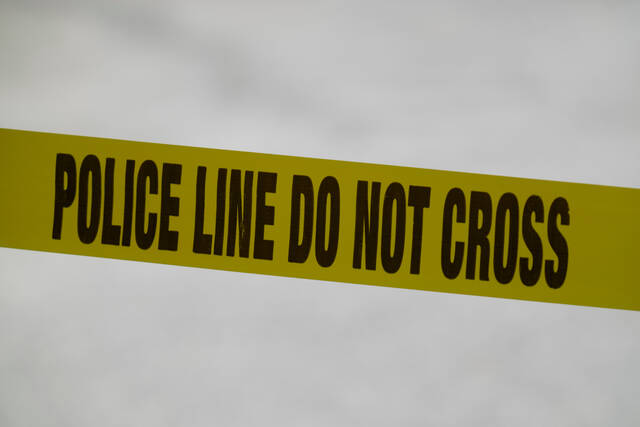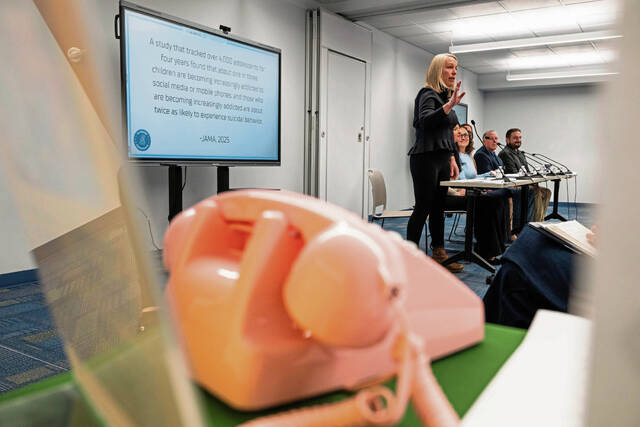Gov. Josh Shapiro’s proposal to raise Pennsylvania’s minimum wage by more than 100% — from $7.25 to $15 an hour — is being panned by area business owners.
Most say they already pay workers more than the minimum wage, and the rate should be set by the market, not by the government.
“It would change everything drastically,” said Bobby Lynn Frye, owner of The Boulevard restaurant along Towne Square Drive in Greensburg. Setting the minimum wage rate at an arbitrary rate is “insanity,” she added.
Business owners said they already are absorbing the rising costs of food, goods and services, and would likely be forced to pass any additional labor costs on to consumers.
The state last raised the minimum wage to $7.15 an hour in July 2007, but workers earning a minimum wage got a boost in July 2009 when the federal Fair Labor Standards Act raised the minimum pay rate to $7.25 an hour. Tipped employees receive an hourly rate of $2.83, also unchanged since the minimum wage rate was set in 2009.
Rather than making a big jump in one year to $15 an hour, Tom Medley, a co-owner of the White Rabbit Cafe and Patisserie in Greensburg, said a better move would be to raise the rate in stages. Raising it by 100% is likely to be inflationary, with costs rising across the board to cover additional labor costs, Medley said.
“My costs are already going up by 30%,” said Medley, who noted that 15 dozen eggs now cost $113.
In his budget address Feb. 4, Shapiro said the state must raise the minimum wage to compete with neighboring states such as Maryland, Delaware, New York and New Jersey, all of which have minimum wage rates of at least $15 an hour. Shapiro, whose administration did not respond to a request for additional information, did not propose any path to reaching that level of the minimum wage.
“Our current minimum wage is too low — and it’s hurting workers,” Shapiro said. There are 30 states with a higher minimum wage than Pennsylvania, according to a state Department of Labor and Industry report.
Attracting workers with minimum wage pay is not realistic because people won’t come to work for that rate, Medley said.
“We’re way above minimum wage” in starting employees at $10 an hour, he added.
For Desiree Singleton, who owns Harvest Moon Coffee & Chocolates in Tarentum and Harrison, the labor market, not the government, drives the minimum wage rate.
“How could you work for $7.25 an hour,” said Singleton, who has been in business for five years.
She pays above minimum wage, but setting it at $15 an hour would not be good for business, she said. The Belgian chocolate she uses to make her products went from $4.50 a pound to $11 a pound, while the price of another staple of her business — coffee — also has risen dramatically.
Tom Charley, who operates two Shop ’n Save stores in Greensburg and Murrysville with his brother Mike, said he realizes that the minimum wage is low, and that’s why some entry-level positions in their stores start at more than $12 an hour.
“We pay way above the minimum wage,” Charley said.
When wages increased during the pandemic because of the drop in the labor pool, the Charleys followed suit and raised pay rates, he said.
Charley noted that as an independent supermarket operator with about 230 employees, they are facing competition for workers from billion-dollar enterprises such as Dollar General and Aldi, which do not have the skilled workers such as butchers, deli and in-house bakery, all positions that demand higher wages.
Analysts weigh in
Rather than helping workers, however, raising the minimum wage to $15 an hour would stifle job creation and put even more of a squeeze on small businesses, said Frank Gamrat, an economist and executive director of the Allegheny Institute on Public Policy, a Castle Shannon-based think tank. Only 10 other states have a minimum wage of at least $15 an hour, and those states are hemorrhaging jobs, he said.
“This is another less business-friendly move. Pennsylvania certainly does not want to follow that path,” Gamrat said.
But the fact that Pennsylvania trails neighboring states in its minimum wage rate adversely impacts the challenges that businesses already face in attracting workers, said Chris Briem, a regional economist at the University of Pittsburgh’s Center for Social and Urban Research.
“We need to offer a competitive wage rate. A lot of employers have been forced to offer higher wages” to attract workers, Briem said.
Shapiro claims raising the minimum wage would increase the purchasing power of those Pennsylvanians at minimum wage and would add about $100 million annually in increased revenue to the state.
“The goal of workforce development should be to make sure workers are productive and earning higher wages,” Briem said.
Any increase in the minimum wage would impact a small percentage of the state’s labor force, according to the annual Labor and Industry report. In 2023, the report noted there were just 67,800 workers being paid minimum wage; about 32% were between ages 16 and 19, and 68% of those at or below minimum wage were women. Another 335,000 workers were earning what the state classifies as “near minimum wage,” between $7.26 and $12 an hour.
Minimum wage legislation
Shapiro’s desire to see the minimum wage raised this year comes after failed attempts to get the General Assembly to pass bills the past two years that would have raised the minimum wage to $11 an hour in January 2024, $13 an hour the second year, then $15 in January 2026.
The bill passed in the House along a party-line vote, but it was never brought to vote in the Republican-controlled Senate. Without some buy-in from Republicans in the Senate, the bill likely will not be approved.
Sen. Christine Tartaglione, D-Philadelphia, will reintroduce a minimum wage bill in the near future, said Amanda Applegate, her communications director.
Tartaglione is discussing strategies and options with stakeholders and fellow legislators to determine the best possible bill for raising the minimum wage, Applegate said.
State Rep. Jason Dawkins, D-Philadelphia, who sponsored the minimum wage rate legislation in the last session, is working with Republicans in the state House and Senate to find common ground for a minimum wage hike, according to an aide. Dawkins’ proposal in 2023 would have raised the minimum wage in tiers, like Tartaglione’s bill.
Dawkins’ version of the bill also would have raised the hourly wage for workers earning tips from $2.83 to 60% of the minimum wage, which would be $4.35 an hour at the current rate.
That proposal was panned by the Pennsylvania Restaurant & Lodging Association, which said it supports competitive wages but strongly opposes any changes to the state’s current tip credit system.
“Drastic increases to labor costs could force restaurants to make difficult decisions, such as reducing staff, cutting hours or raising prices, all of which negatively impact workers and customers alike,” said Joseph Massaro, president of the Harrisburg-based trade association.


